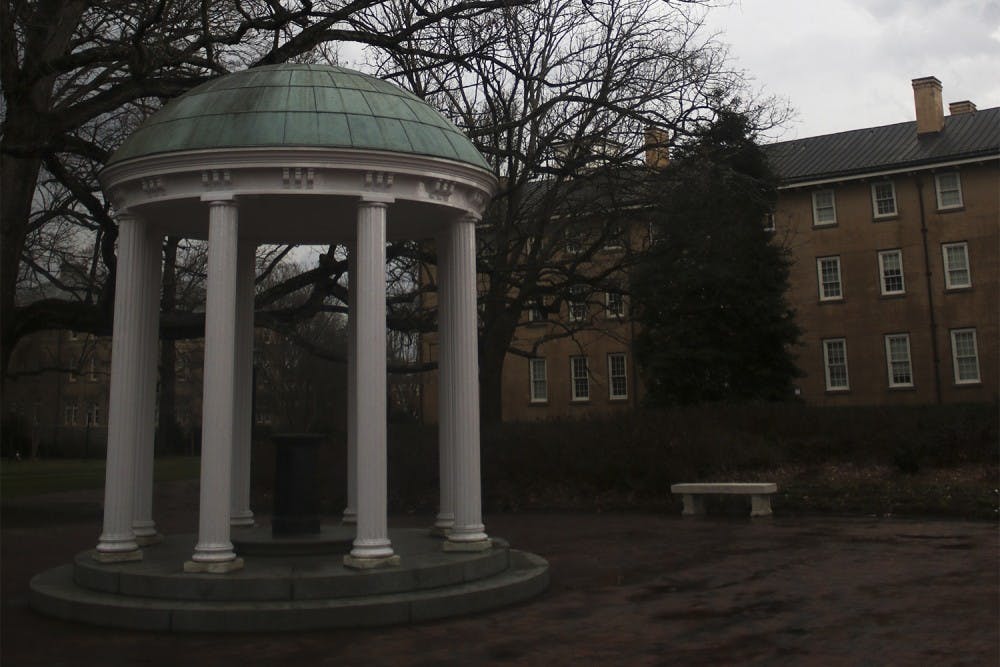A new draft of the General Education curriculum overhaul was made public in December, following the previous draft released in September. This latest draft bears some differences to the last proposal, such as putting students into learning groups, but it is still not the final version.
The proposal comes from the General Education Curriculum Revision Working Group, a group appointed by Dean of the College of Arts and Sciences Kevin Guskiewicz. Entitled “IDEAs in Action,” it responds to backlash from faculty regarding details of the first draft demonstrated that alterations were necessary before a consensus could be reached on the curriculum.
Andrew Perrin, chairperson of the group, called the current “Making Connections” curriculum one of the most demanding General Education curricula in the nation. He said one of the goals of the committee is to lessen the burden that students feel to only meet their General Education requirements.
“Right now, many students see it as, structurally, they do their General Education and they do their major,” Perrin said. “Educationally and philosophically, that’s not really right. Students should spend the time they need getting a great general education and also have time to do elective education as well.”
The current proposal requires students to meet nine “Focus Capacities” through their General Education courses. Perrin feels that these capacities, ranging from “Engagement with the Human Past” to “Diversity, Power, and Inclusion,” will offer students a wider selection of courses to satisfy their requirements. Students would not be allowed to substitute them with Advanced Placement or similar credits that they may have received before coming to the University.
Another change would require first-year students to take a course entitled, “Ideas, Information, and Inquiry,” to introduce them to broad topics they can explore in their studies. A first-year seminar and an ENGL 105 course would also be required. In an effort to emphasize collaboration, cohorts of students would be formed by the University and required to take these three courses together with certain exceptions.
While Perrin’s stated goal is to implement a new curriculum by 2019, Associate Dean of Undergraduate Curricula James Thompson sees multiple issues with the current plan that must be addressed for this expectation to be met. One proposal he sees that may not be viable is the idea of students being grouped together for three separate courses.
“Each student is the appropriate person to work through his or her own schedule. You can’t do it automatically. We have to consider, do we have the technology to do that, and at the same time, do students want that?" Thompson said.
Eleven Feasibility and Design Committees have been formed to examine and design certain aspects of the proposal. Li-ling Hsiao, chairperson of the General Education Course Availability and Scheduling Committee, said they are concerned about the University having the resources to offer the proper courses and hire enough faculty to fit the proposed nine Focus Capacities. As of now, her committee plans to recommend that these Focus Capacities be cut down to seven.




